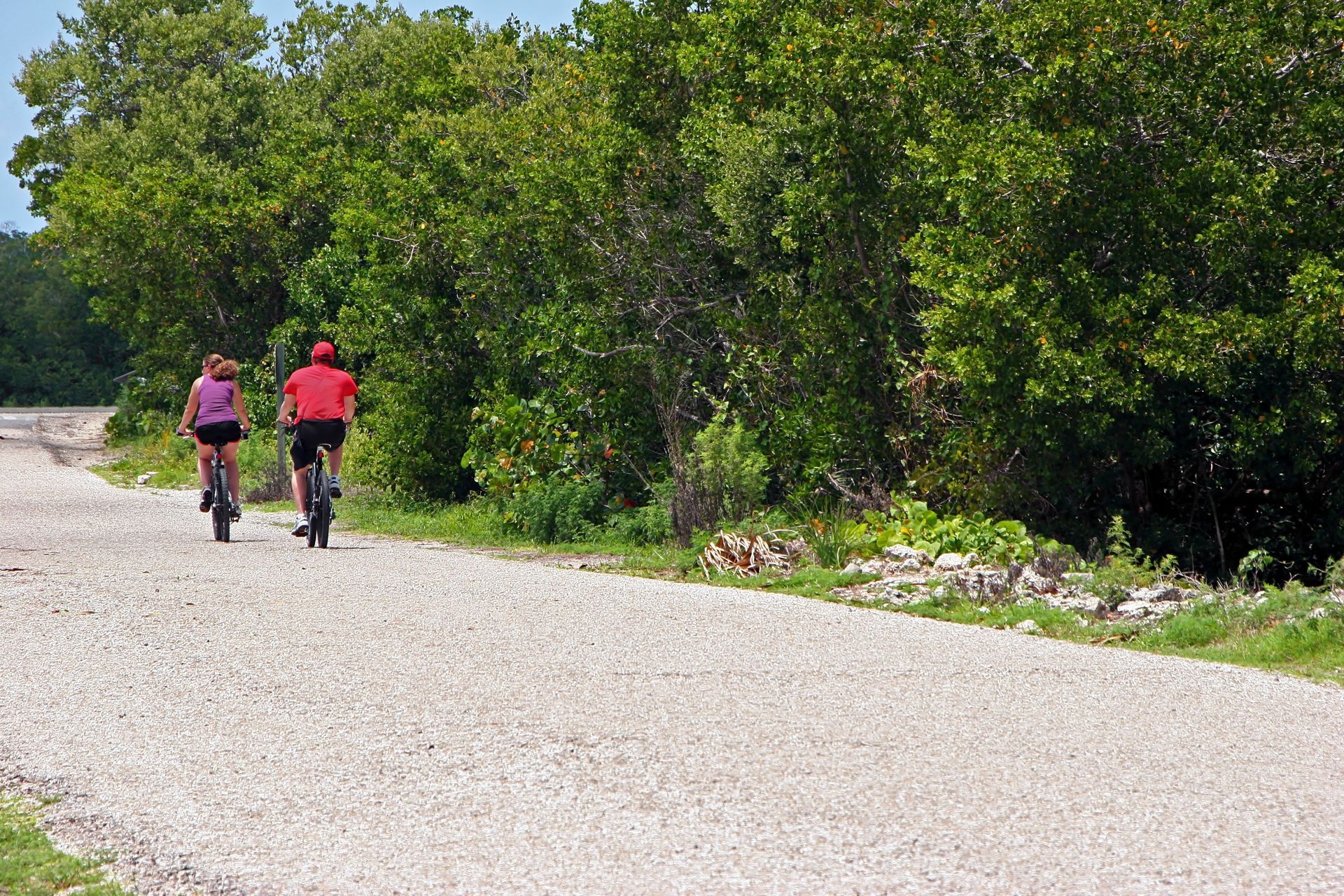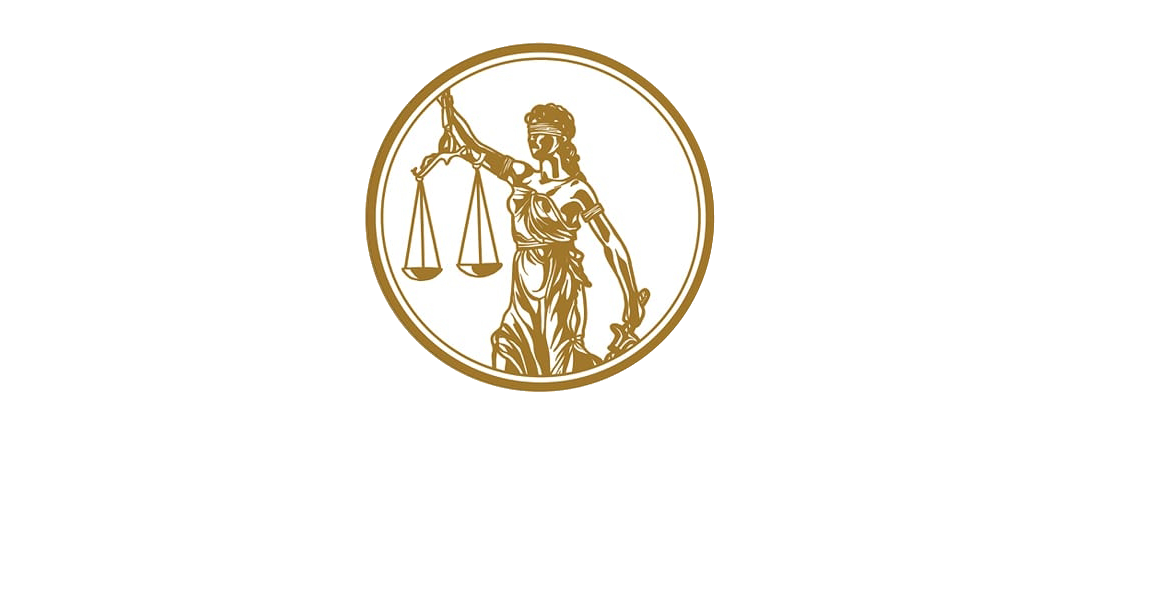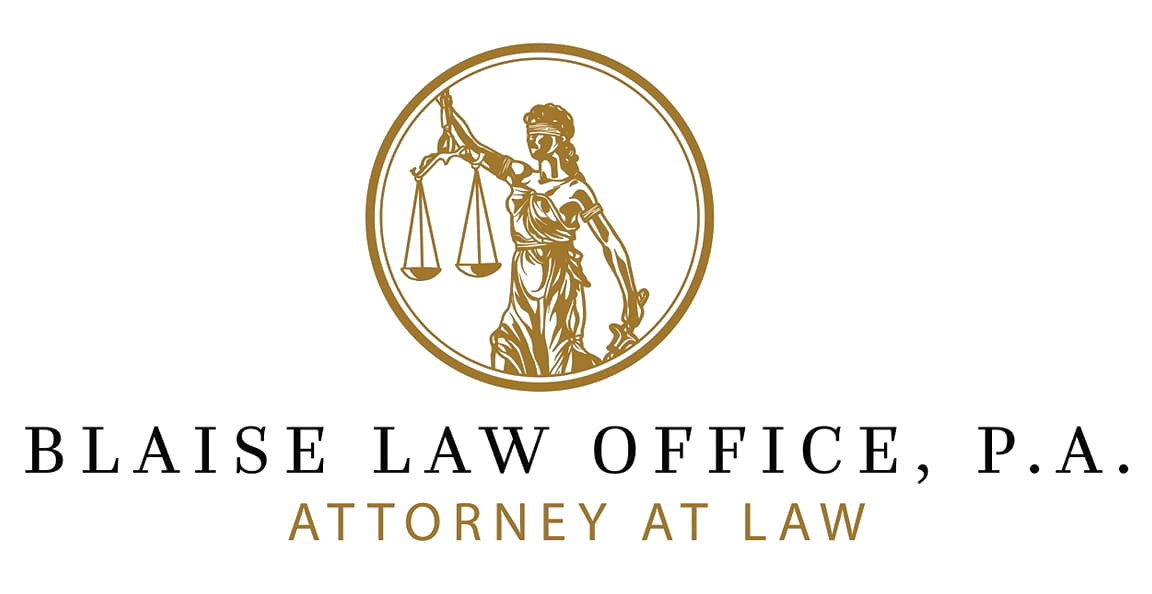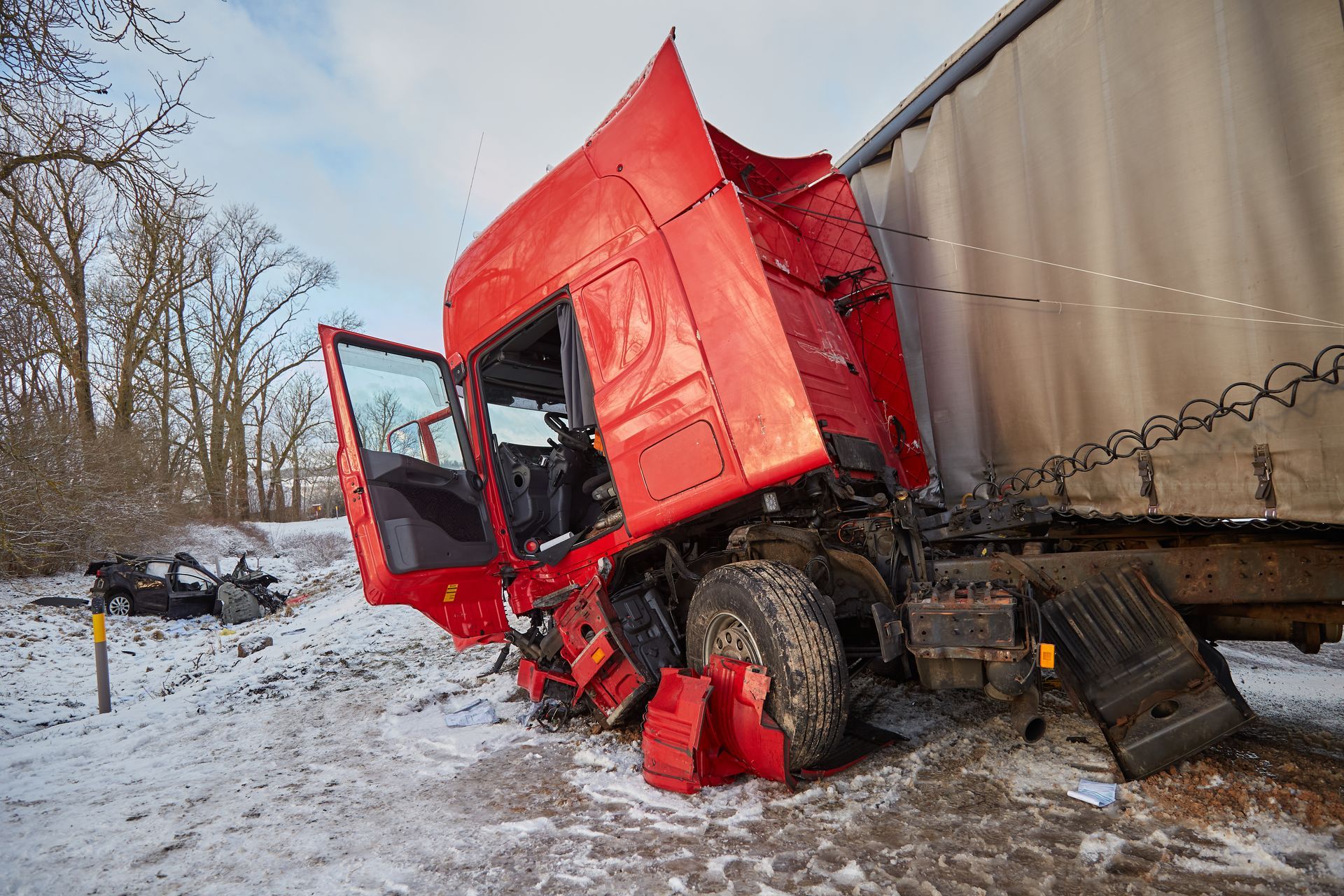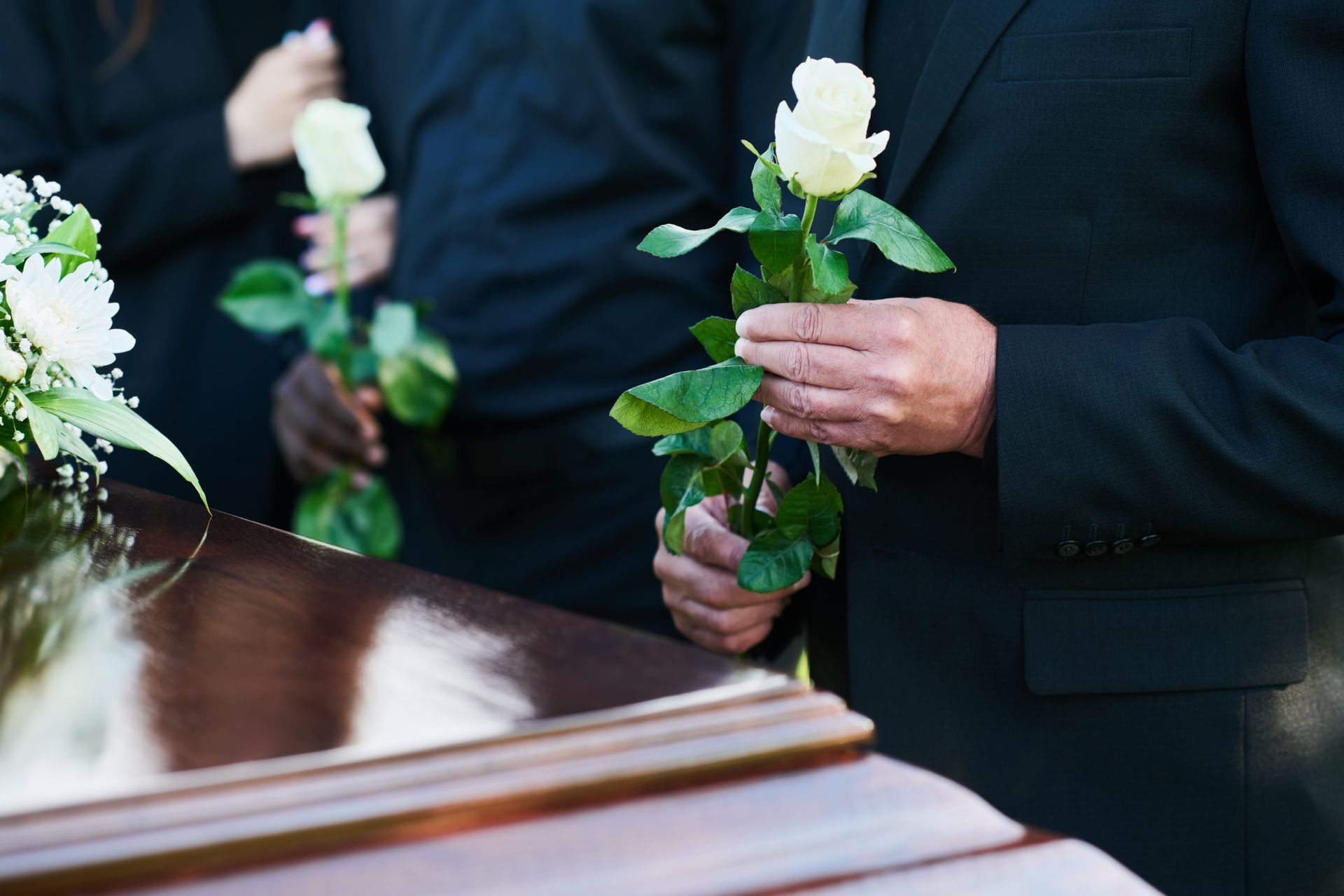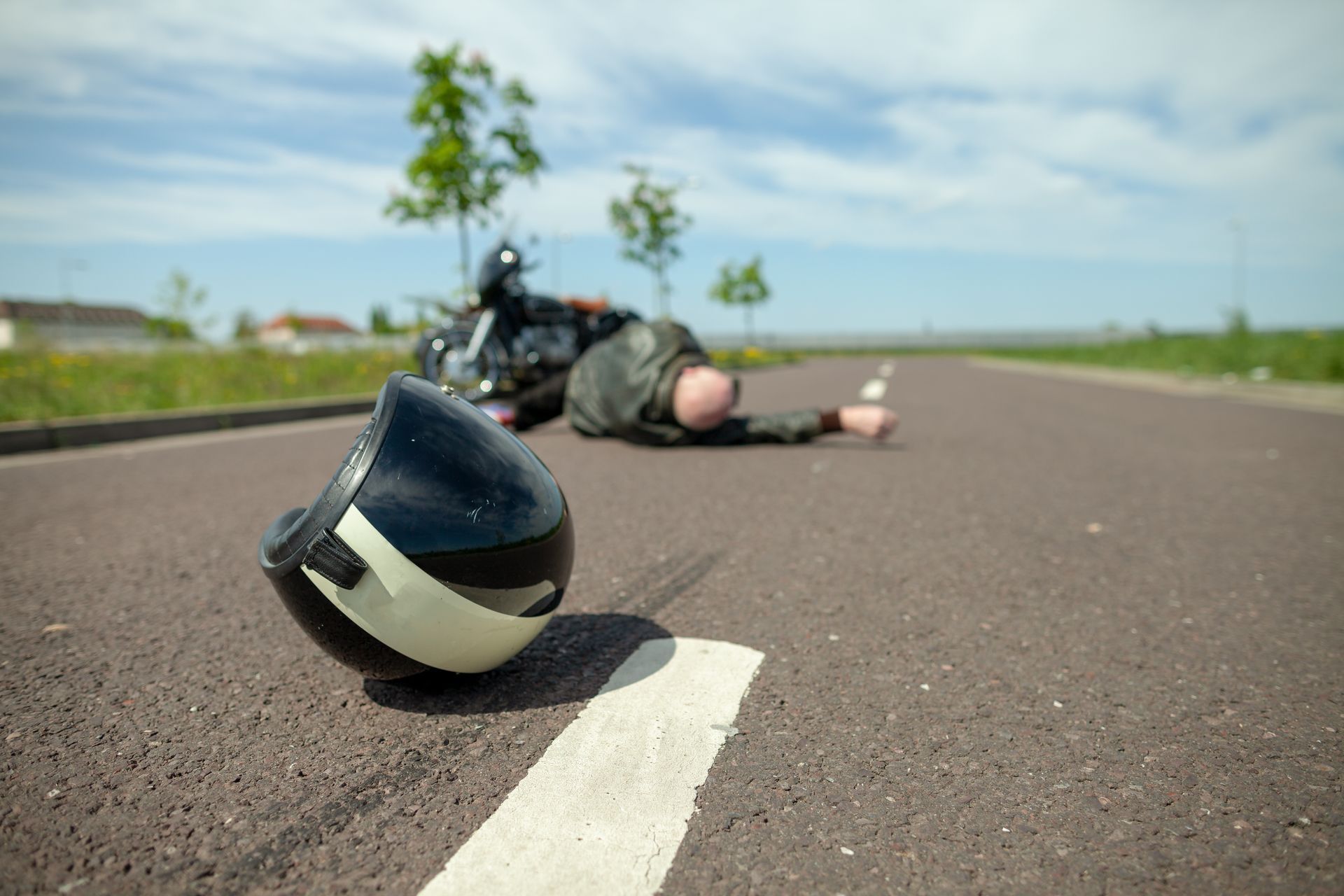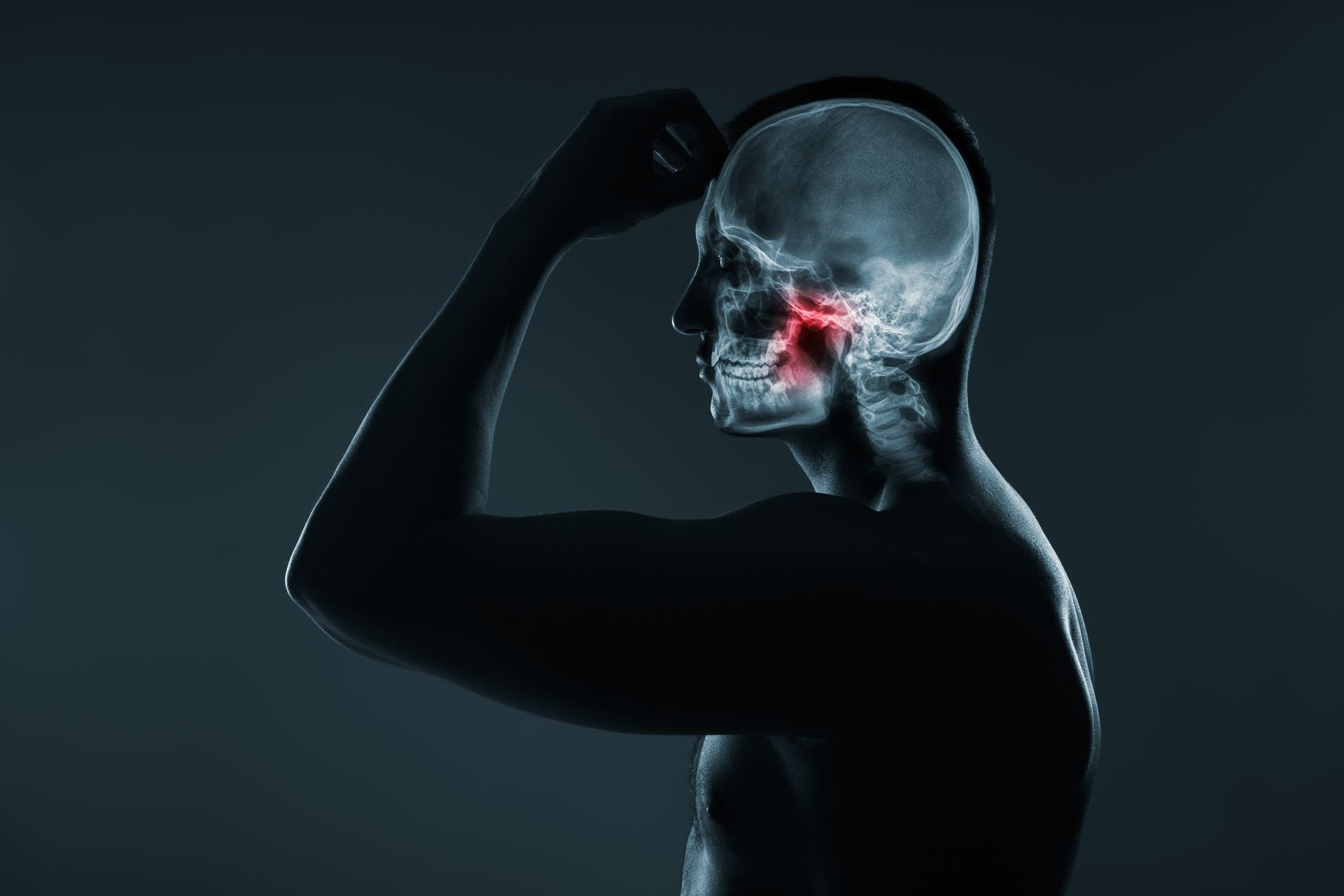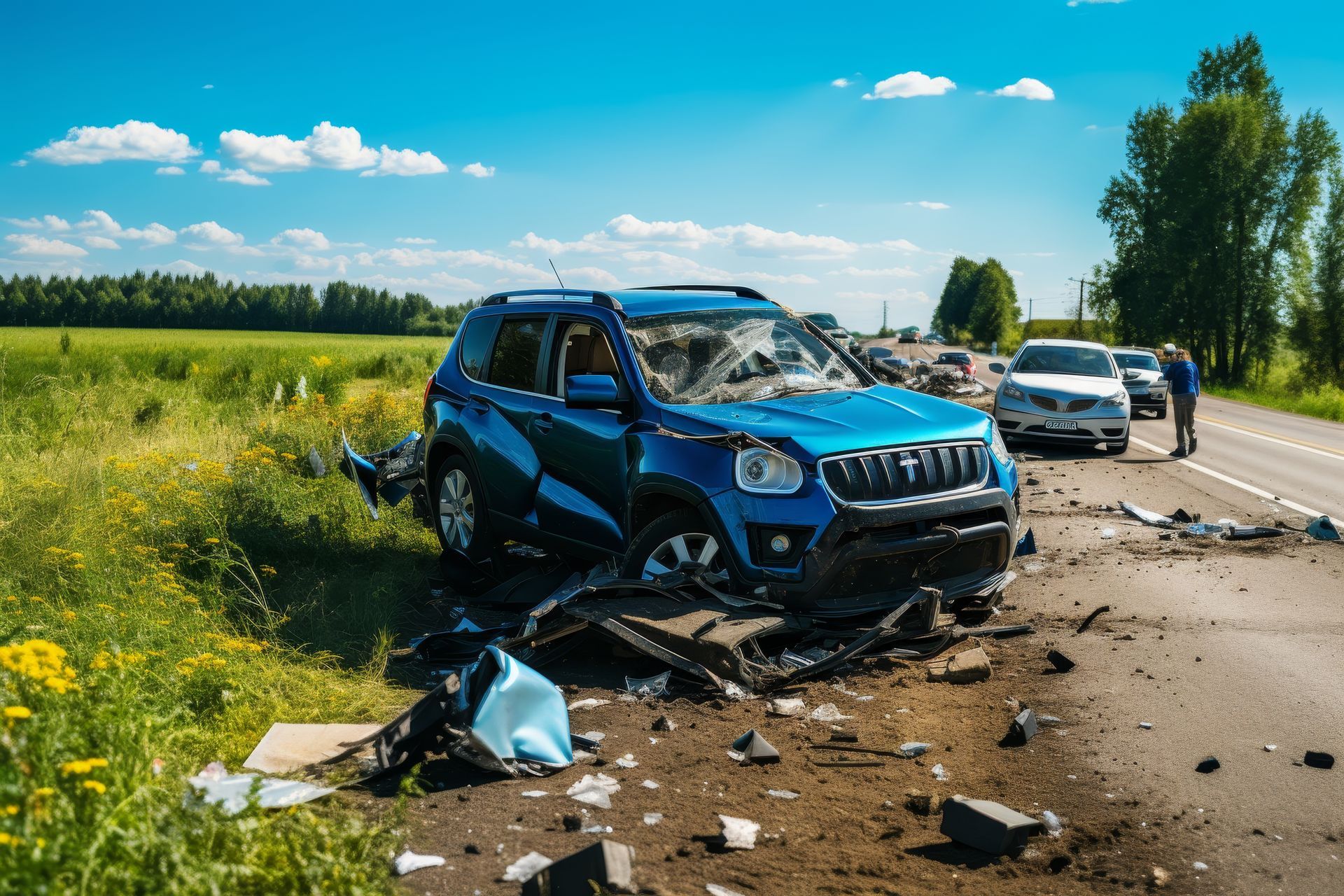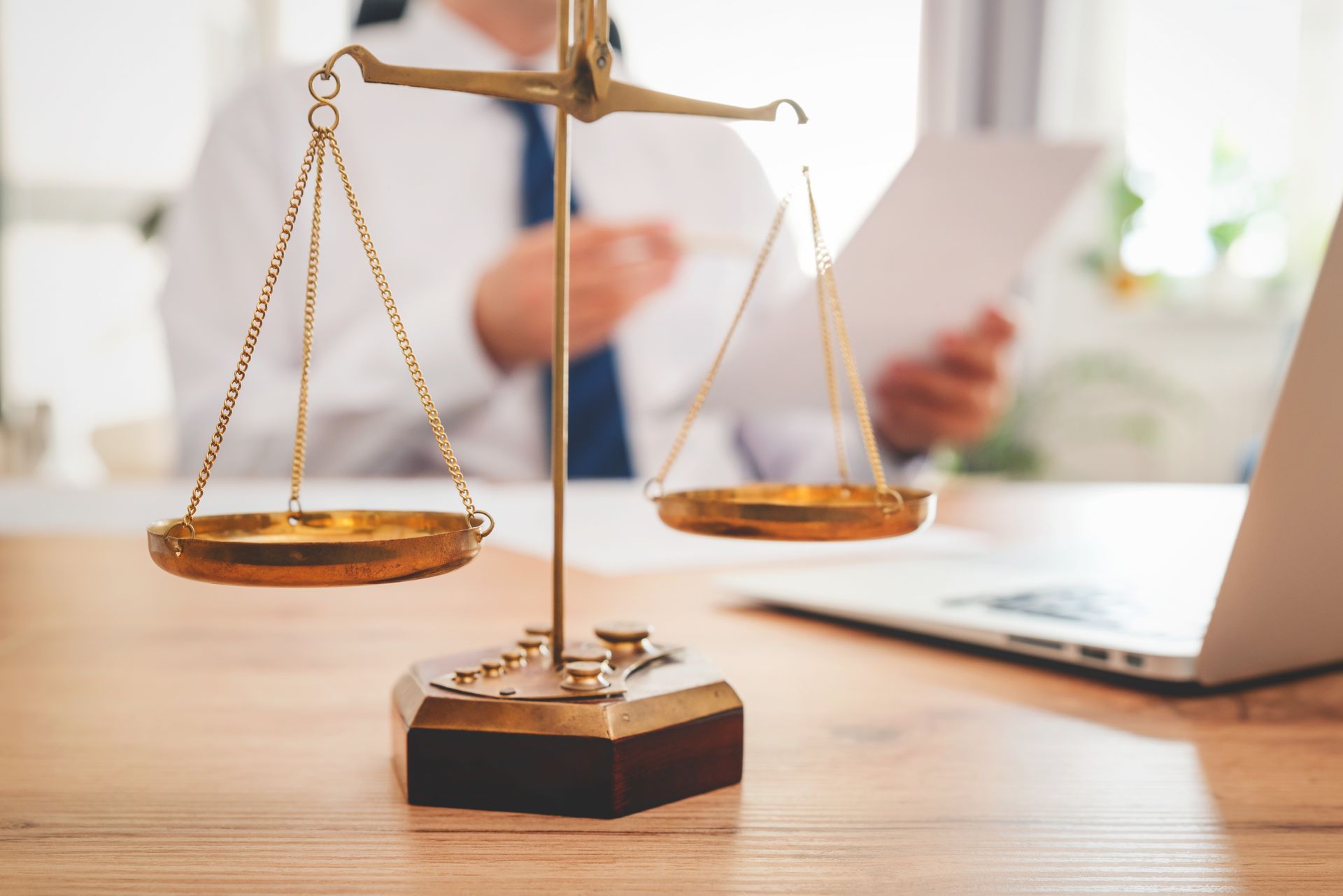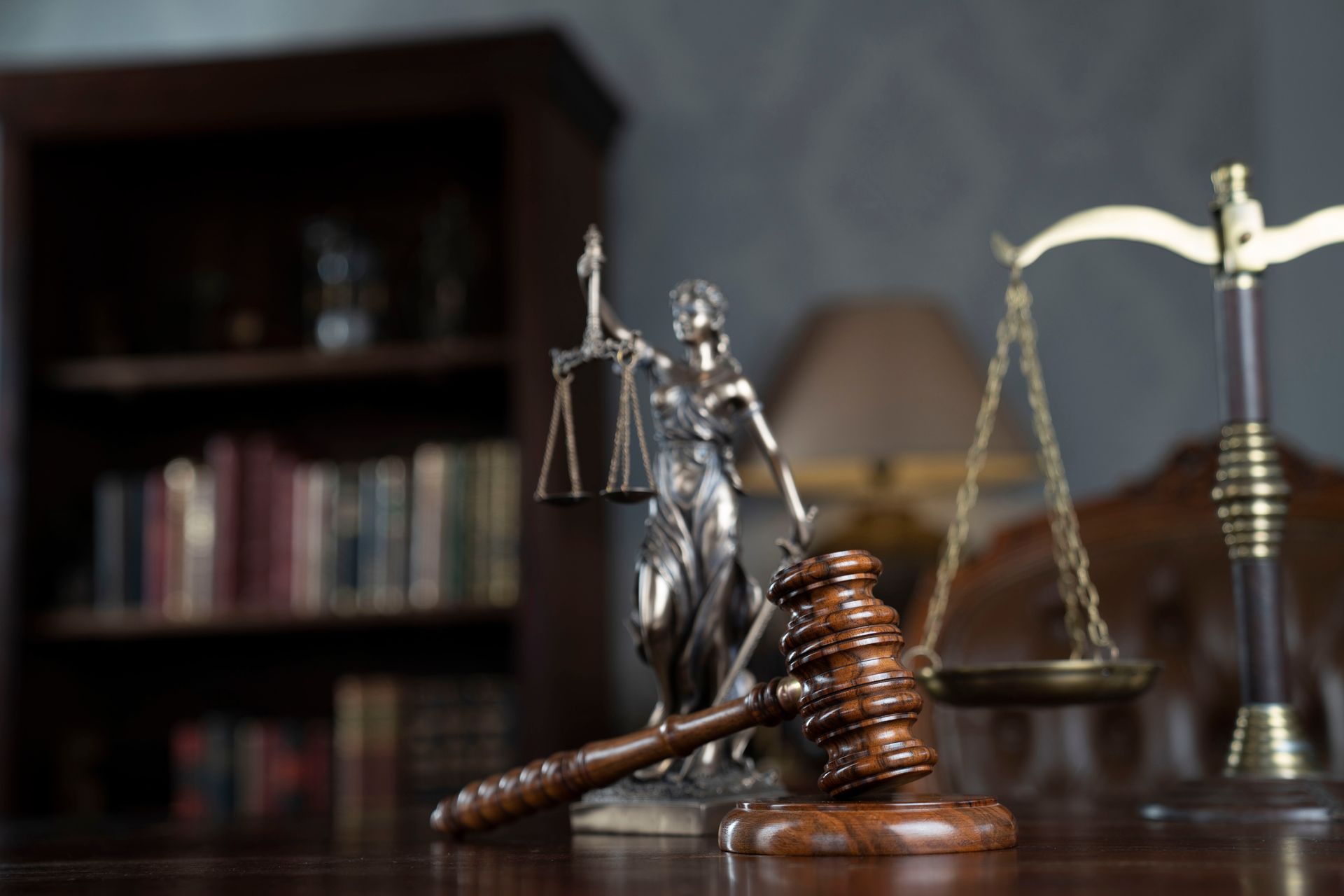The Road to Recovery: Navigating a Motorcycle Accident in Florida
When the sun is shining, and the open road calls to you, there's no better feeling than cruising through the lush landscapes of the Florida peninsula on your two-wheeler. But amidst the freedom, the risk always lurks, particularly for motorcyclists. In Florida, a state known for its year-round warm weather and motorcycle-friendly roads, accidents can happen in the blink of an eye, leaving devastating wounds that extend beyond the physical. This blog post is designed to act as a comprehensive guide for Florida residents who may have been involved in a motorcycle accident, providing essential steps to take for recovery, guidance on legal considerations, and ways to preserve your health and well-being during this challenging time.
The Immediate Aftermath: Protecting Yourself and Seeking Medical Attention
Immediately following a motorcycle accident, the first priority is to ensure the safety and well-being of all parties involved. If you are able, move to a safe location to prevent further injuries. If there are any life-threatening injuries, call 911 without delay. Do not underestimate even the smallest of injuries, as some can manifest with time and worsen if not addressed promptly.
Once the immediate risks are managed, contact law enforcement to report the accident. An official accident report can be a crucial piece of evidence for insurance claims and potential legal proceedings. It's important to exchange contact and insurance information with all involved parties. If there are witnesses, try to obtain their statements and contact information as well.
Seek medical attention, even for seemingly minor injuries. Not only is your health at stake, but the documentation from a medical professional can also provide evidence that may support any future claims or legal actions. Remember, your well-being is the foundation of any farther recovery efforts.
Understanding Florida's Unique Motorcycle Laws
Florida motorcycle riders enjoy certain legal freedoms compared to other states. For example, the state does not require riders over 21 years old to wear helmets if they have at least $10,000 in medical insurance coverage for injuries they may sustain in a crash. However, it's important to note that not wearing a helmet could potentially impact liability or compensation in the event of a claim.
Florida's no-fault insurance laws can also have unique implications for motorcycle accidents. The "no-fault" system generally requires you to first seek compensation from your own insurance company, regardless of who may have been at fault. However, when it comes to a motorcycle accident, this can be slightly different since motorcycles are not covered by this system.
Additionally, Florida adheres to a "pure comparative fault" standard when determining compensation for personal injury cases. This means that any damages awarded will be reduced by the percentage of fault allocated to you. Understanding these nuances can have a significant impact on how you approach your case.
The Role of Legal Counsel in Navigating a Motorcycle Accident Claim
After a motorcycle accident, it's not unusual to be inundated with calls from insurance adjusters seeking information. While it's important to report the accident to your insurance company, it's equally crucial to refrain from discussing fault or accepting any settlements without the advice of a legal professional.
Experienced motorcycle accident attorneys can help evaluate the strength of your case, negotiate with insurance companies on your behalf, and represent you in court if necessary. They will be well-versed in Florida's specific traffic and personal injury laws and can guide you through each step of the claims process.
Keep in mind that Florida has a statute of limitations on personal injury cases, which means you have a limited window of time to file a legal claim. By consulting with a lawyer early on, you can ensure that your rights are protected and that you have a clear understanding of the legal options available to you.
Coping with the Psychological and Emotional Impact
The aftermath of a motorcycle accident can be fraught with emotional challenges. From the trauma of the accident itself to the stress of dealing with injuries, financial burdens, and potential legal battles, the impact is multi-fold. It's important to prioritize your mental health and seek support when needed.
Therapy and counseling can be beneficial in helping you process the event and cope with any lasting effects. Support groups for motorcyclists or accident survivors may provide a forum to share experiences and strategies for moving forward.
Self-care practices such as meditation, mindfulness, and physical activity can also be helpful in managing stress. Developing healthy coping mechanisms can aid in the recovery process, both physically and mentally.
Rebuilding Your Life Post-Accident
Recovering from a motorcycle accident is a process that often encompasses many areas of life. There may be financial challenges, such as medical bills or lost income, that need to be addressed. Rehabilitation services can be vital in restoring physical function and mobility.
Returning to the road and riding again may seem daunting, but with time and appropriate safety measures, it's possible to regain your confidence. Consider taking a motorcycle safety course, which can enhance your skills and reduce the risk of future accidents.
Engaging with the community, whether through local motorcycle clubs or advocacy groups, can be a source of support and a platform for promoting safety awareness.
Next Steps for Ensuring Long-term Well-being
The effects of a motorcycle accident can reverberate long after the physical injuries have healed. It's important to consider the long-term implications on your health, finances, and quality of life.
Keep detailed records of all medical treatments and expenses related to the accident. This documentation can be critical in pursuing full compensation for your injuries.
Review your insurance policies and consider any necessary updates or additions to ensure you are adequately covered in the event of a future accident.
Stay informed about safety regulations and best practices for motorcycling. Being proactive in your approach to safety can help prevent future incidents.
A motorcycle accident in Florida can be a life-altering event, but it doesn't have to define your future. By taking the appropriate steps to protect yourself, understanding the legal landscape, seeking support for emotional well-being, and focusing on your long-term recovery, you can find your way back to the open road. Remember, you're not alone in this journey. There are resources and professionals ready to assist you in every phase of the process.
While the road to recovery may be long and arduous, with the right approach and a resilient spirit, it's possible to reclaim your life and your love for the ride. The golden Florida sun awaits, and with it, the promise of new beginnings and endless possibilities.
